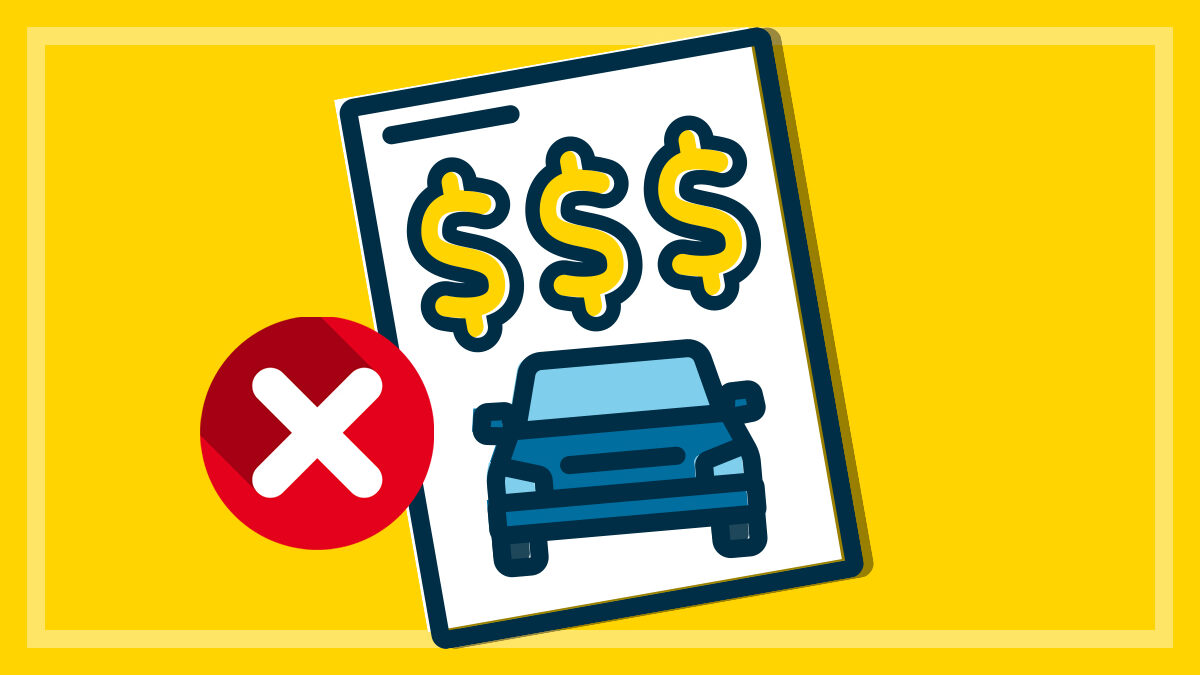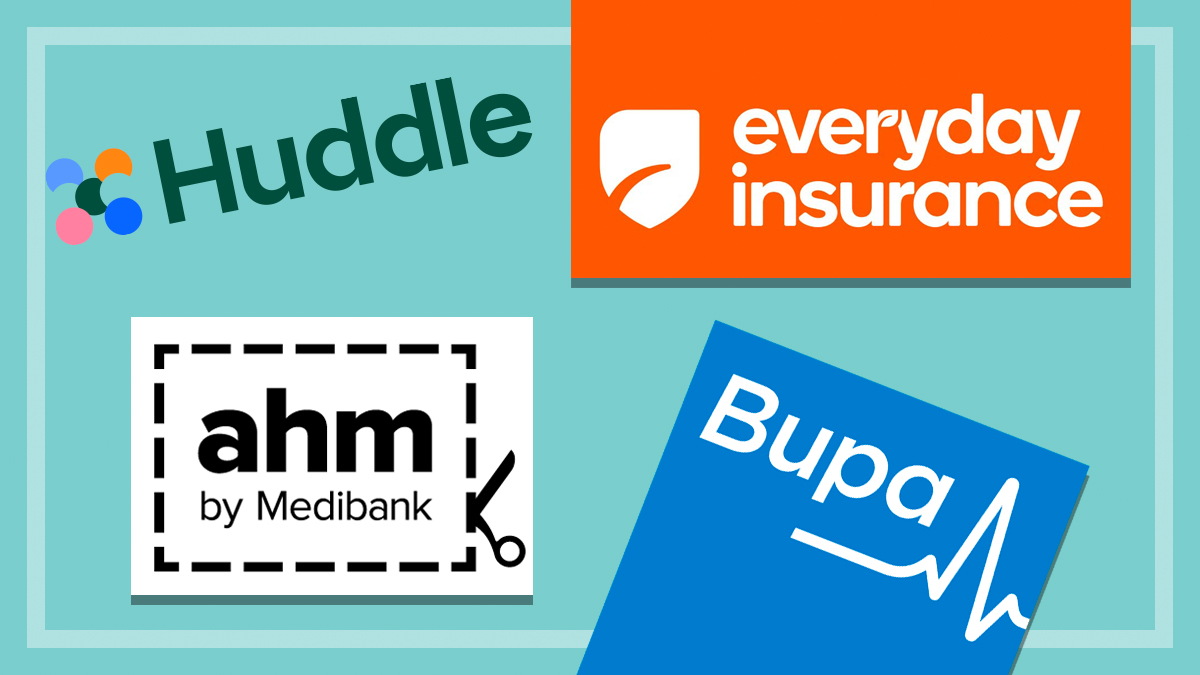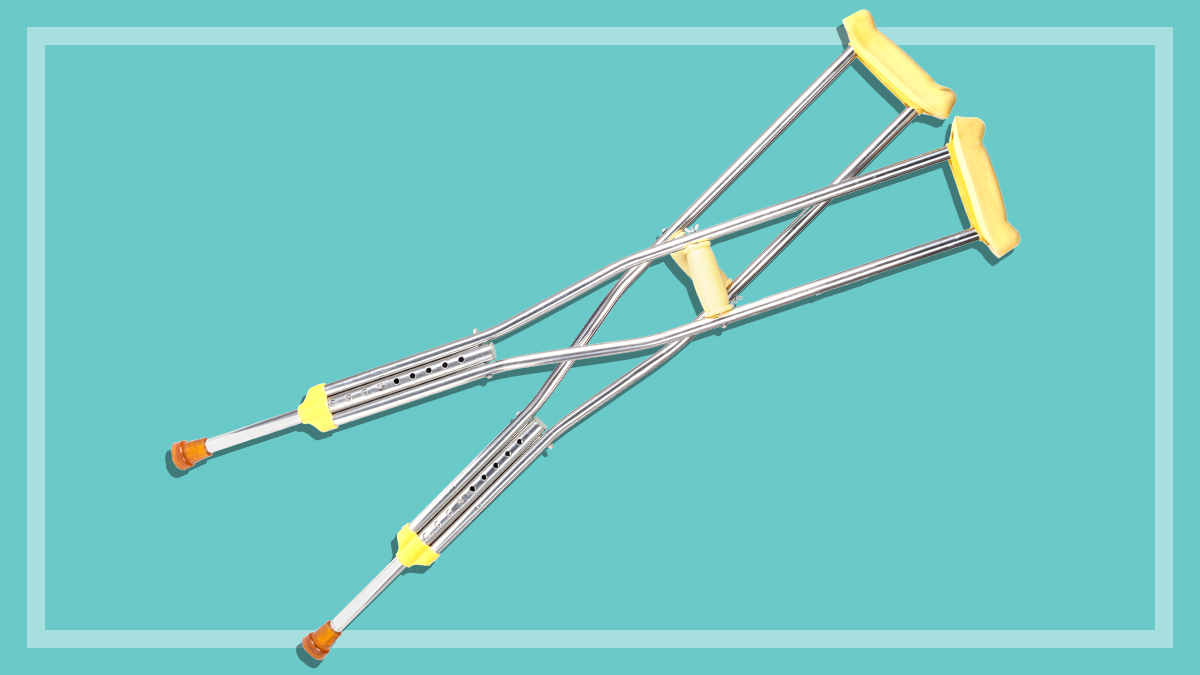Get our independent lab tests, expert reviews and honest advice.
What to know before you buy health insurance

If you’re a permanent resident in Australia and don’t have private health insurance, you’ll be covered by Medicare, Australia’s public healthcare system.
On this page:
- What is private health insurance?
- What is hospital cover?
- What is extras cover?
- What is combined cover?
- Private health insurance incentives
- Do you have ambulance cover?
- Waiting periods and switching: What you need to know
For most of us, Medicare pays for ‘free or subsidised’ access to doctors, specialists, optometrists and treatment and accommodation in public hospitals, plus a few other perks.
A lot of people waste good money on health insurance without using it
You can also get private health insurance. But with the average family paying $6640 per year for hospital and extras insurance, a lot of people waste good money on health insurance without using it.
We don’t want you to be one of those people. This guide will help you to break down health insurance, so you can decide what cover is right for you, and avoid paying for cover you don’t need.
Use our quick quiz to find out if you need health insurance for tax reasons.
What is private health insurance?
Private health insurance covers health services on top of Medicare, and may even save you some money at tax time.
In Australia, the term ‘private health insurance’ actually covers two types of insurance: hospital insurance and extras insurance.
Knowing the difference between the two is the first step to saving money. For example, having hospital insurance can save you money on tax, whereas buying an extras policy won’t.
You usually save money buying hospital and extras cover from different insurers
And while your health insurer will package hospital and extras up as ‘health insurance’ and try to sell you both, you don’t have to get both types of cover with the same insurer.
Some hospital and extras policies do have to be bought together – these are called combined policies. Otherwise, you usually save money buying hospital and extras cover from different insurers. Or you can buy hospital cover to save on tax, and ditch the extras.
What is hospital cover?
Hospital insurance covers accommodation costs in a private hospital, and the cost of being treated by your chosen doctor in a private or public hospital.
It doesn’t cover costs outside of hospital, such as scans, or a consultation at your surgeons’ office.
If you earn more than $101,000 a year as a single person, or $202,000 as a couple or family, hospital insurance can also save you money at tax time because you won’t have to pay the Medicare Levy Surcharge (MLS).
And if you don’t start paying for hospital insurance before you turn 31, a surcharge called the lifetime health cover loading (LHC) will be added to your premium, but this alone isn’t a good reason to start paying for insurance when you’re young. To find out more, read our hospital insurance buying guide.
What is extras cover?
Extras insurance covers ‘ancillary’ health services outside of hospital, such as dental, optical and physiotherapy. Extras insurance rarely covers the whole cost of a health service – the insurer’s liability is capped, but yours isn’t.
For example, if you need to go to the dentist and it costs $350, your extras insurance might pay the first $200 and you’ll pay the rest, so you’ll have to cover the ‘gap’ of $150.
If you don’t use extras health services much, or at all, then having extras cover probably isn’t worth it
If you don’t use extras health services much, or at all, then having extras cover probably isn’t worth it.
Extras cover also won’t help you at tax time, the way having private hospital insurance can, as the Medicare Levy Surcharge is only waived for people with hospital cover. Extras insurance also has no impact on the Lifetime Health Cover loading, so don’t sign up for an extras policy with the hope you’ll avoid that. To find out more, read our extras insurance buying guide.
What is combined cover?
Combined cover is simply hospital and extras insurance combined into one policy. It can be convenient because you only deal with one health fund for both types of insurance, and it can also be useful for health funds because it means they’ve sold you two insurance policies in one go.
Consider these questions before buying a combined policy:
- Do you need both hospital and extras insurance?
- Do you need to get them from the same fund?
Remember: private hospital and extras insurance are separate types of insurance – and a lot of people waste their money on one of these insurance types without actually using it.
CHOICE tip: You can often get a better deal by buying the best value extras and hospital insurance from separate funds, so compare your policy options and shop around.
Private health insurance incentives
Most of the government’s initiatives to encourage you to purchase health insurance apply only to hospital insurance. These include the Lifetime Health Cover (LHC) loading, exemption from paying the Medicare Levy Surcharge, and any age-based discounts.
The private health insurance rebate, on the other hand, applies to both hospital and extras insurance.
Private health insurance rebate
The private health insurance rebate will reduce the premium you pay for both hospital and extras insurances if you’re a single person earning up to $158,000 a year, or a couple or family earning up to $316,000.
The biggest rebate is for singles earning up to $101,000 or couples earning up to $202,000 – they get a 24.3% rebate on their private health insurance premium.
For people earning above $101,000, the rebate steps down incrementally until it reaches 0% for singles earning over $158,000, or families, single parents or couples earning over $316,000.
| Income bracket | ≤$101,000 | $101,001–118,000 | $118,001–158,000 | ≥$158,001 |
|---|---|---|---|---|
| < Age 65 | 24.288% | 16.192% | 8.095% | 0% |
| Age 65–69 | 28.337% | 20.240% | 12.143% | 0% |
| Age 70+ | 32.385% | 24.288% | 16.192% | 0% |
| Income bracket | ≤$202,000 | $202,001–236,000 | $236,001–316,000 | ≥$316,001 |
|---|---|---|---|---|
| < Age 65 | 24.288% | 16.192% | 8.095% | 0% |
| Age 65–69 | 28.337% | 20.240% | 12.143% | 0% |
| Age 70+ | 32.385% | 24.288% | 16.192% | 0% |
Do you have ambulance cover?
It can come as a surprise to many people that ambulance expenses are not covered by Medicare.
Some people will be covered for ambulance use by their state government. For everyone else, if you don’t want to be saddled with an ambulance bill that could easily reach $1000, the options are an ambulance subscription, which may be best value if that’s the only cover you’re concerned about, or private health insurance.
Ambulance cover by state
- Residents of Queensland and Tasmania are covered by their state government.
- Residents of the Northern Territory, South Australia, Victoria and rural Western Australia can subscribe to the state ambulance service or buy ambulance insurance through a private health fund – it’s sometimes included with hospital cover and sometimes with extras, so be sure to check your cover.
- In NSW, the ACT and metro Western Australia, ambulance cover is included in private hospital insurance and some extras insurance.
CHOICE tip: Check with your health fund to see which kind of ambulance cover you have. Some funds only cover ground transport and exclude air ambulance, for example. Others may only cover emergency ambulance and exclude, say, transfers between hospitals. Find out more about ambulance cover.
Waiting periods and switching: What you need to know
If you switch health insurance policies, you may have to wait for a period of time before being eligible to be paid benefits (the money you can claim back) for some treatments or services.
- For extras, waiting periods vary between policies: it’ll usually be two months for most services, 12 months for major dental and orthodontics, and 36 months for hearing aids.
- For hospital cover, waiting periods for pre-existing conditions and having a baby are generally 12 months.
- If you switch to hospital cover that’s considered the same level of coverage or lower than your existing policy (check with the health fund), the waiting period you served on your previous policy will be carried over and in most cases you won’t have to serve a waiting period.
- If you upgrade your cover or lower your excess, you’ll have to serve a new waiting period for the difference in cover, so you have to pay the higher excess for 12 months but are still covered for everything you were covered for before the upgrade.





